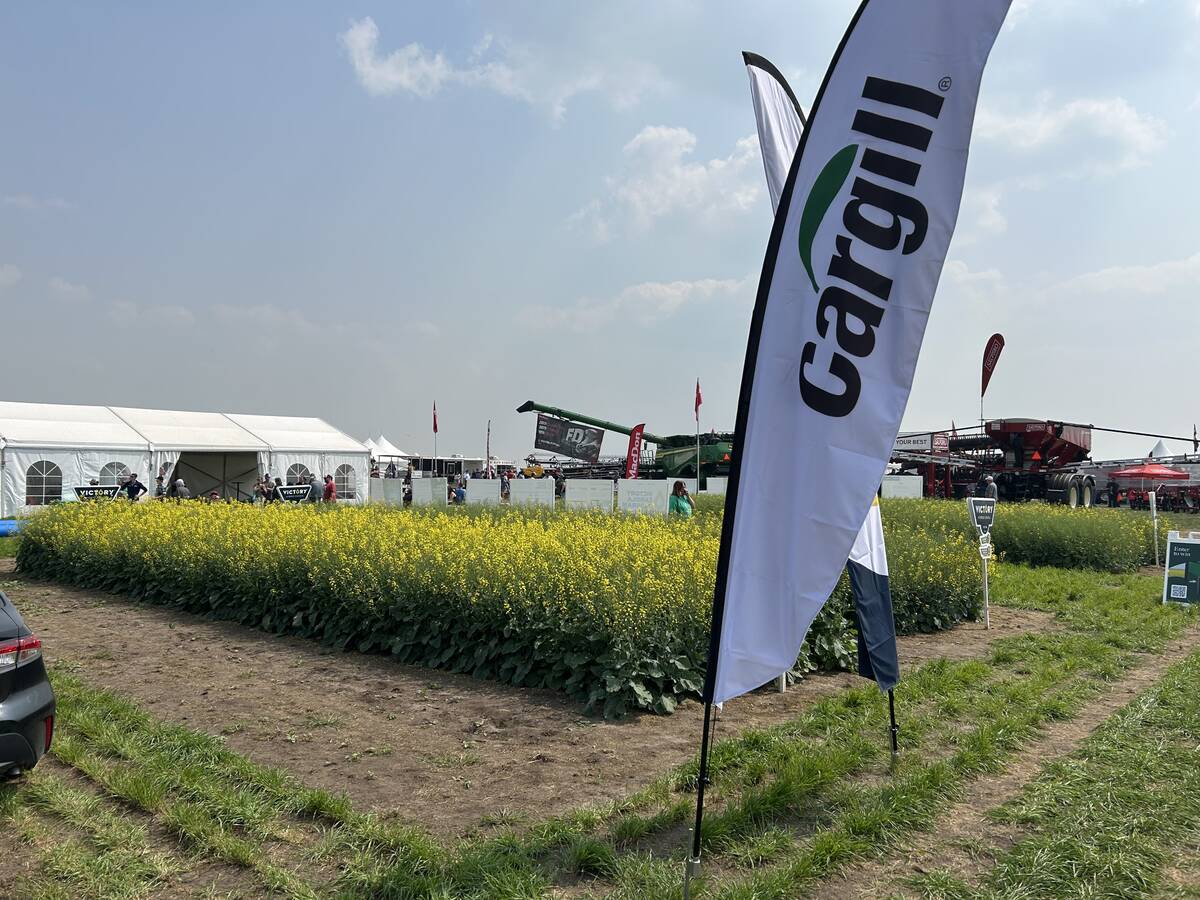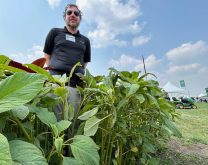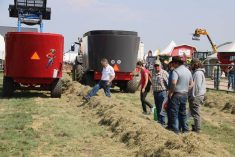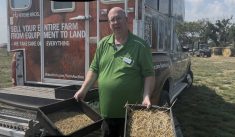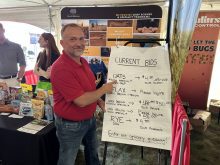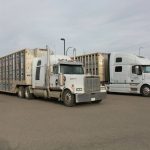LANGHAM — Saskatchewan’s canola farmers have a massive new market for their crop.
Bids are now available at Cargill’s new crush plant in Regina, according to the company’s website.
“Selling canola to Regina gives you access to the new domestic market for renewable fuels through Cargill Power Canola,” stated the grain company.
Read Also

Agri-business and farms front and centre for Alberta’s Open Farm Days
Open Farm Days continues to enjoy success in its 14th year running, as Alberta farms and agri-businesses were showcased to increase awareness on how food gets to the dinner plate.
The facility is scheduled to open in the second half of 2025. It will be capable of processing one million tonnes of canola per year.
Follow all our Ag in Motion coverage here
That would rival annual sales to some of Canada’s top export markets.
Cargill was contacted for this story but did not provide comment.
Saskatchewan premier Scott Moe was thrilled to hear the company is offering canola bids.
“It’s a huge deal,” he said during an interview at the Ag in Motion 2025 show in Langham, Sask.
“That is increasing the value of the exports that we have and it’s bringing additional dollars into our communities.”
Moe said the Cargill project dovetails well with the province’s goal of achieving $10 billion in value added revenue by 2030 and crushing 75 percent of the canola grown in the province.
However, there has also been bad news on that front.
Earlier this year, Federated Co-operatives Ltd. paused plans to build its $2 billion Integrated Agriculture Complex at Regina for “the foreseeable future.”
The plan included a canola crush facility jointly owned by AGT Food and Ingredients capable of processing 1.1 million tonnes of seed per year and a renewable diesel plant capable of producing 870 million litres of the fuel.
FCL cited “regulatory and political uncertainty, potential shifts in low-carbon public policy and escalating costs” as the reasons behind its decision to pause the project.
There are also rumours that Viterra’s plan to build the world’s largest canola processing facility in Regina have been shelved.
The U.S. Department of Agriculture’s Foreign Agricultural Service said the project was placed in limbo in 2024 after Bunge announced it was acquiring Viterra for US$8 billion.
“It is under review, but industry contacts say plant construction is unlikely to go ahead,” the FAS stated in a March 31 report on Canada’s oilseed sector.
Viterra’s plan was to build a facility with an “initial” annual targeted crush capacity of 2.5 million tonnes of seed, more than double the size of Cargill’s facility.
Ceres Global Ag Corp. announced in 2022 that it was suspending plans to build a facility at Northgate, Sask., near the Canada-U.S. border.
The $350 million project would have had the capacity to process 1.1 million tonnes of canola annually into more than 500,000 tonnes of oil.
Moe wonders if companies are responding to the lack of clarity surrounding Canada’s Clean Fuel Regulations.
“In order to attract investment, you need certainty. We just haven’t had that,” he said.
He is optimistic that will change under the guidance of newly elected prime minister Mark Carney.
“This is an area where we can actually collaborate with the federal government,” said Moe.
He is not privy to what is happening with the delayed Regina Viterra projec, but he has spoken to Bunge executives who said all the right things during the meeting.
“They are very much looking at this (merger) as an opportunity for growth as opposed to an opportunity for streamlining operations,” said Moe.
The merged firm now operates 10 oilseed processing and refining facilities in Canada.


